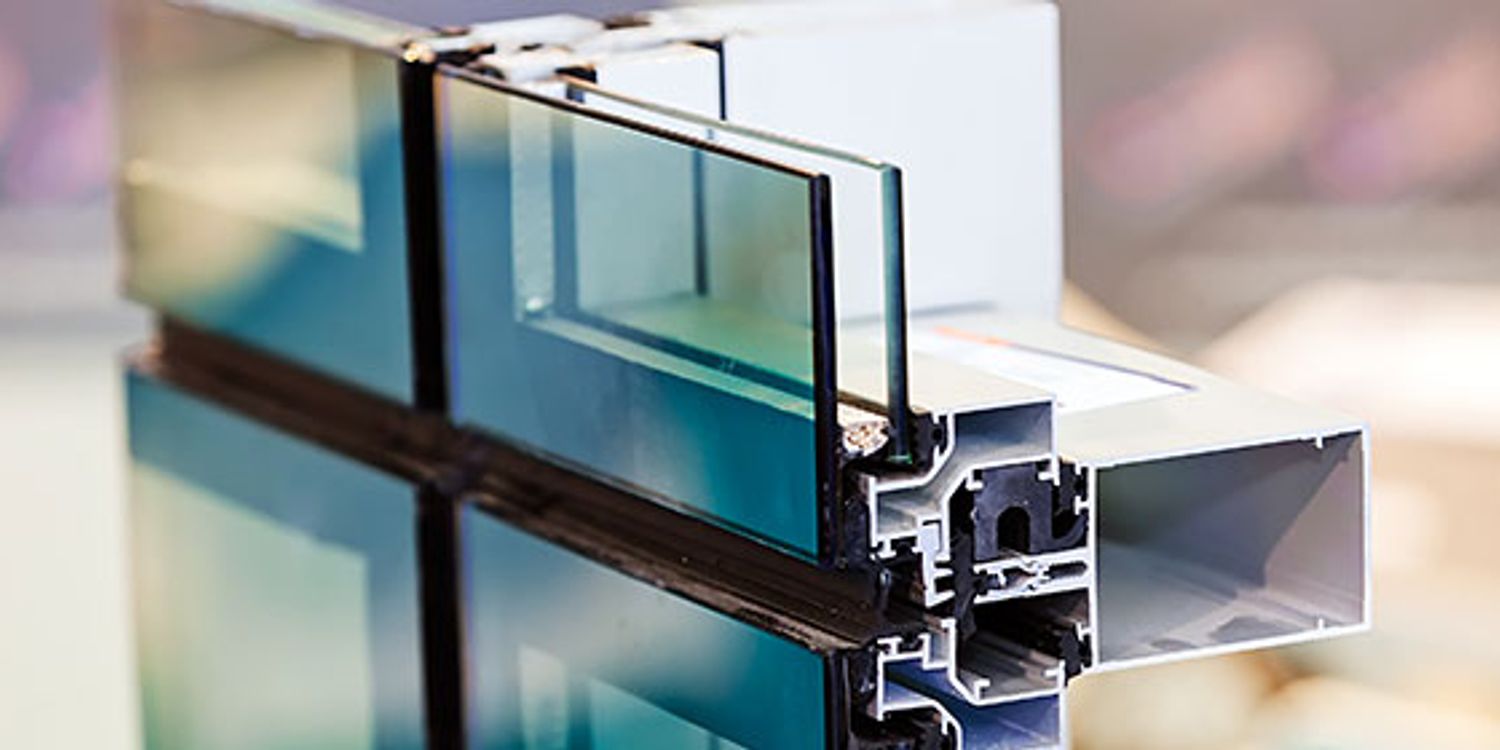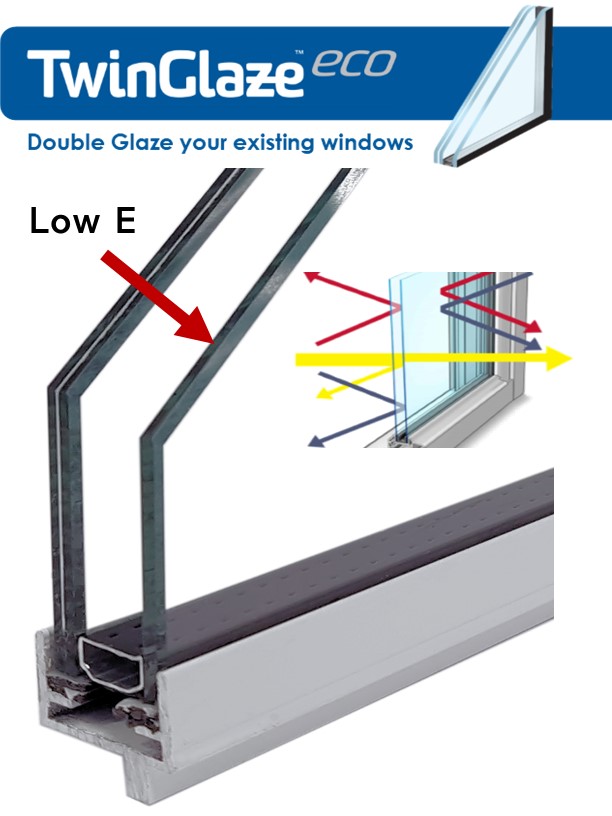All Categories
Featured
Table of Contents
Why Double-glazed Windows Are A Must in Bedfordale WA
Laminated glass is often used in areas in the home most vulnerable to injury from human impact such as bathrooms, doors, around staircases and in areas close to the flooring (it fulfills the requirements of 'safety glass' that is mandated for use in these areas by Australian Standard AS 1288 Glass in buildings).
Toughened glass has actually been 'tempered' by being reheated and quickly cooled again. This procedure makes it much stronger than standard glass it can withstand greater impact loads prior to breaking. It likewise makes it more secure since, when it does shatter, it burglarizes many small cubic pieces instead of dangerous shards.
How To Retrofit Your Windows With Double Glazing, And Keep ... in Ridgewood Perth
Toughened glass has no thermal or acoustic advantages over other glass of the exact same toning or density. Secondary glazing is where single-glazed windows are retrofitted with a transparent acrylic or glass sheet connected to the within the frame or openable sash with a secondary frame or with magnetic strips.


Secondary glazing will not carry out also thermally as a manufactured IGU, given that it is impossible to absolutely seal the perimeter, but it can offer great sound control. Window films are a thin polymer film including a soaking up dye or reflective metal layer, with an adhesive support. They stay with your glazing to change its colour or make it reflective.
Does Double Glazing Have A Vacuum? in Mindarie Western Australia
Applied to existing glass, some window movies can cut in half the general SHGC of the window by soaking up and/or reflecting solar radiation. This can be particularly helpful in hotter environments where cooling is the primary concern, or on east and west elevations directly exposed to long durations of sunshine. Window films may also decrease visible light transmittance.

For this reason, it is normally best to use a certified installer of window movie. Frames have a substantial influence on the thermal performance of doors and windows, because energy can be gained and lost through the frame, as well as through the glass. Various types of frame will enable different levels of heat gain and loss, so cautious option of frame is necessary for effective passive style.
Double Glazing Australia Blogs in Canning Vale Perth
Aluminium is also a really excellent conductor of heat and will reduce the insulating value of a glazing system, unless specifically crafted to reduce this. A 'thermally broken' frame is made up of 2 aluminium areas linked by a structural insulator (normally a low-conductivity structural polymer). This 'breaks' the thermal connection through the aluminium and decreases the heat streaming through the frame.
They can be costly, but costs are decreasing as they end up being more typical. Wood frames are a great natural insulator that can suit some house styles. Wood frames ought to be made from species that have naturally high resilience or be treated to avoid decay and contortion. Examine that the lumber is sourced from a sustainably managed forest.
Diy Double Glaze in Bellevue Western Australia
(weather condition removing) is installed.
u, PVC windows and doors have exceptional thermal performance Picture: Ben Wrigley (Light House Architecture and Science) Composite frames utilize aluminium profiles on the outer areas with either a lumber or u, PVC inner area. These combine the low upkeep and toughness of aluminium with much enhanced thermal performance.
Table of Contents
Latest Posts
The Surprising Benefits Of Double Glazing In The Summer ... in Dalkeith Western Australia
Why Install Stunning Double Glazing Windows During Summer? in Glendalough WA
Double Glazing Windows in Osborne Park Perth
More
Latest Posts
The Surprising Benefits Of Double Glazing In The Summer ... in Dalkeith Western Australia
Why Install Stunning Double Glazing Windows During Summer? in Glendalough WA
Double Glazing Windows in Osborne Park Perth